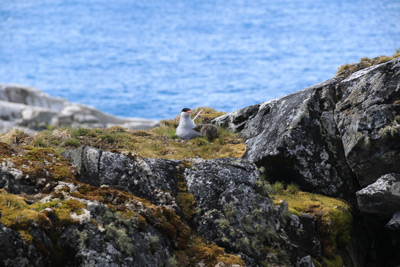
Advancing Antarctic biodiversity monitoring: A framework for terrestrial ecosystems:
From September 18-20, 2024, over 40 multidisciplinary experts convened in a hybrid workshop at the Scott Polar Research Institute in Cambridge, UK, and remotely from Oceania. The event focused on establishing Essential Biodiversity Variables (EBVs) for terrestrial Antarctic and sub-Antarctic ecosystems, marking a significant step toward building a continent-wide, standardized biodiversity observing system tailored to the region’s unique ecological and logistical challenges.
Collaboration and focus
The “Cambridge-24” workshop was a collaborative effort, convened by the SCAR Expert Group on Antarctic Biodiversity Informatics (EG-ABI), Biodiversity.aq, Ant-ICON, and the Integrated Digital East Antarctica (IDEA) program. Building on the momentum of a similar 2023 workshop in Hobart that focused on the Southern Ocean, the Cambridge meeting extended this foundational work specifically to the terrestrial realm.
Key outcomes
- A preliminary suite of EBVs covering all levels of biological organization, from genetic diversity to ecosystem structure and function.
- A draft roadmap for implementation, which outlines proposed sampling strategies, harmonized monitoring protocols, analytical workflows, and connections to relevant policy frameworks.
- A strong emphasis on the critical role of EBVs in enhancing the usability, comparability, and policy relevance of Antarctic biodiversity data. This also includes a focus on interoperability with existing infrastructures and alignment with global initiatives like GEO BON and the upcoming International Polar Year 2032–33.
The full report, with the proposed variables and implementation guidance, is publicly available on Zenodo at https://doi.org/10.5281/zenodo.15345271
Next steps
This workshop marks a milestone, not the finish line. Our next steps will involve actively seeking broader community engagement to refine and prioritize the proposed candidate variables as well as their implementation roadmap, ensuring a robust and truly collaborative path forward for Antarctic biodiversity monitoring.
